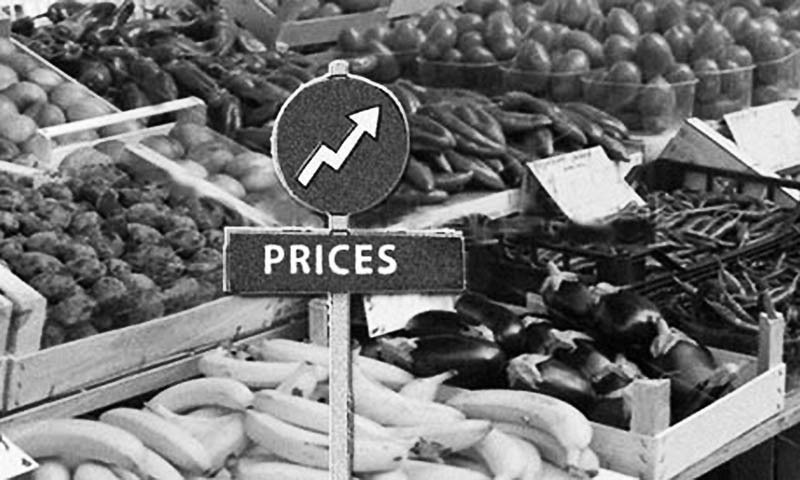EAG concurs with interest rate hike, cautions on price control

The independent Economic Advisory Group (EAG) convened a meeting to assess the latest economic developments and concurred with the government’s decision to raise the policy rate and allow markets to determine the exchange rate. However, it noted that a prudent mix of monetary and fiscal policies is needed to keep prices in check. Furthermore, distortionary regulatory policies should be avoided to enable market forces to operate in a sustainable manner.
The government has pursued an expansionary policy in the wake of the pandemic to keep businesses afloat, and to expedite the economic recovery by decreasing the policy rate, which has resulted in a fairly rapid recovery and surge in domestic demand. The rise in domestic demand and subsequent rapid increase in imports, as well as imported inflation, is indicative of an overheating economy.
Among other measures, the government has indicated that it plans to regulate prices through price controls. The EAG believes that there is ample empirical evidence that such administrative measures are rarely successful, and also lead to supply side distortions, such as hoarding and subsequent shortages, smuggling and price discrimination. The EAG also views the government’s decision to raise tariffs in order to reduce imports of what it considers as ‘luxury goods’ as counterproductive as it is difficult to define ‘luxury goods’.
The underlying cause of inflation is an output gap, which should be addressed by fiscal policies to dampen excessive aggregate demand, and long term growth should be catered for by augmenting supply instead of state intervention in the market price signalling mechanism. The market determined exchange rate policy and policy rate hike are sufficient to signal market players to adjust their business policies without the creation of any distortion. Furthermore, an indication has been given in the monetary policy statement that”the MPC expects monetary policy to remain accommodative in the near term, with possible further gradual tapering of stimulus to achieve mildly positive real interest rates over time.”
The monetary policy statement highlighted the disbursement of 44 percent of the total PSDP funds in just two and half months, which indicates that the fiscal stimulus is contributing to the surge in domestic inflation. The government spending pattern needs revision to keep fiscal deficit in check; otherwise, higher government spending will translate into higher government borrowing from the commercial banks, and lead to private sector crowding-out.
In conclusion, the EAG agreed with the adoption of a market determined exchange rate, and the gradual move towards positive real interest rate to keep the growth momentum sustainable. But it expressed serious reservations on the distortionary price control mechanism adopted by the government, and expressed concern that it will prove to be futile like in the past.
The Economic Advisory Group is an independent group of individuals from economics, policy and the private sector that deliberates regularly on economic developments and shares its views with the government and the public. It is supported by PRIME, an independent think tank.
For media inquiries, please contact Afzal Khan at afzal@primeinstitute.org or 0333-0588885.
